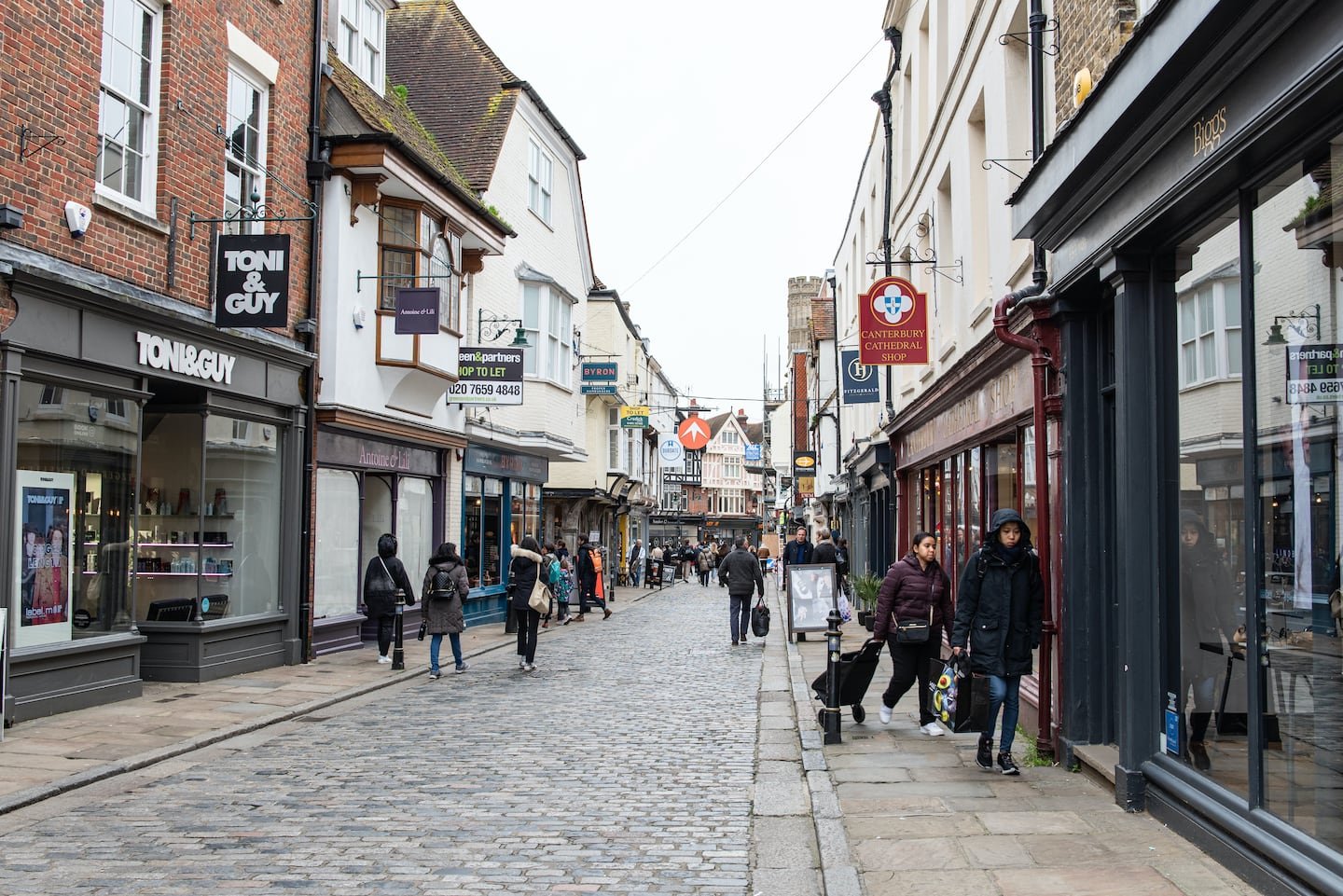
The Business of Fashion
Agenda-setting intelligence, analysis and advice for the global fashion community.

Agenda-setting intelligence, analysis and advice for the global fashion community.

LONDON, United Kingdom — Chancellor of the Exchequer Rishi Sunak scrapped business rates for small firms in an "exceptional step" to help them deal with the disruption caused by the outbreak of coronavirus.
The announcement came hours after the Bank of England cut interest rates, saying it had acted after seeing a "sharp fall" in trading conditions in the last week, particularly in the retail sector and anything driven by discretionary spending.
Business rates, a particular burden for retailers, are taxes to help pay for local services, charged on most commercial properties. They are currently calculated according to the value of a property and have an annual inflationary uplift, or multiplier.
"Our (party political) manifesto promised that for shops, cinemas, restaurants, and music venues with a rateable value of less than £51,000 ($65,943) we would increase their business rates retail discount to 50 percent," Sunak told parliament as he delivered the annual budget.
ADVERTISEMENT
"Today I can go further and take the exceptional step for this coming year of abolishing their business rates altogether."
Britain's retail sector has for years complained that the current business rates system was unfair and needed reform.
Lobby group, the British Retail Consortium (BRC), points out that the industry is the largest private sector employer in Britain, employing about 3 million people. While it accounts for 5 percent of the UK economy, it is burdened with 10 percent of all business taxes, and 25 percent of business rates.
The BRC argues this disparity is damaging Britain's high streets and harming the communities they support.
By Andrew MacAskill and James Davey; editor: Kate Holton
Designer brands including Gucci and Anya Hindmarch have been left millions of pounds out of pocket and some customers will not get refunds after the online fashion site collapsed owing more than £210m last month.
Antitrust enforcers said Tapestry’s acquisition of Capri would raise prices on handbags and accessories in the affordable luxury sector, harming consumers.
As a push to maximise sales of its popular Samba model starts to weigh on its desirability, the German sportswear giant is betting on other retro sneaker styles to tap surging demand for the 1980s ‘Terrace’ look. But fashion cycles come and go, cautions Andrea Felsted.
The rental platform saw its stock soar last week after predicting it would hit a key profitability metric this year. A new marketing push and more robust inventory are the key to unlocking elusive growth, CEO Jenn Hyman tells BoF.